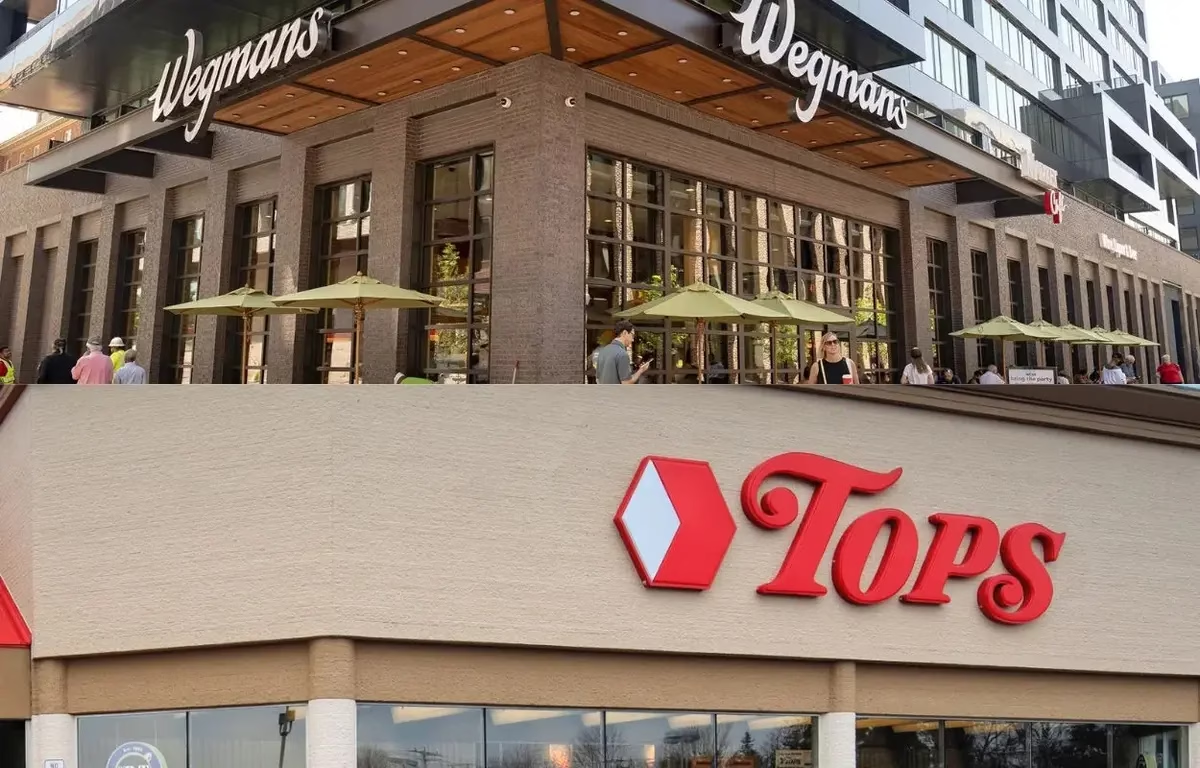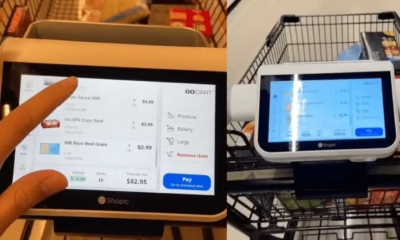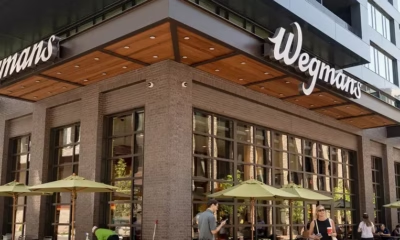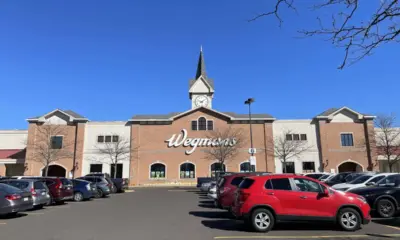Consumer Trends
Wegmans and Tops Display In-Store Signs Explaining Tariff Impact

Wegmans and Tops Use In-Store Signs to Explain Tariff Impact
Transparency Drives Customer Communication on Rising Banana Prices
Wegmans Tops tariff signs are now part of the conversation on how supermarkets manage rising costs due to international trade changes.
These signs aim to clarify price increases and build shopper trust by addressing how tariffs affect grocery costs, especially on produce.
Retailers Respond to Tariff Pressure With Clear Messaging
In upstate New York, Wegmans and Tops have taken bold steps to explain cost changes caused by import tariffs on bananas.
Tops placed signs directly next to banana displays. These signs inform customers about the 10% tariffs on imported bananas.
Tops said it remains committed to transparency and wants shoppers to understand why some prices have recently increased.
Wegmans also posted similar signs but later removed them. However, reports say they still emphasize clear supplier communication.
The signs explained that Wegmans sources bananas from countries like Colombia and Costa Rica—now facing 10% import tariffs.
Shoppers Seek Clarity as Produce Prices Shift
Shoppers have noticed banana price increases after years of stable pricing, prompting curiosity and sometimes frustration.
Wegmans said the signs were intended to explain that tariffs, not company pricing, drive these increases.
Retailers know that providing context builds trust and loyalty. Transparency, even on controversial issues like tariffs, supports strong customer relationships.
Although Wegmans took down their signs, their commitment to honest pricing communication remains a priority.
Wegmans Tops tariff signs reflect a larger industry challenge—balancing rising import costs with consumer expectations of affordability.
Retailers Nationwide Brace for Tariff Effects
The issue extends beyond bananas. Walmart and Target expect wider price hikes due to ongoing tariff tensions, especially on imported groceries.
Walmart cited bananas and coffee as likely to see significant impact, given their dependence on international suppliers.
Target and Walmart CEOs even met with President Trump to express concerns before planned tariff increases were reduced.
Some grocers, like Albertsons, now require suppliers to fully justify any tariff-related cost increases before raising prices.
Canadian chains like Loblaw have also flagged tariff-hit items, responding to reciprocal import taxes from the Canadian government.

















